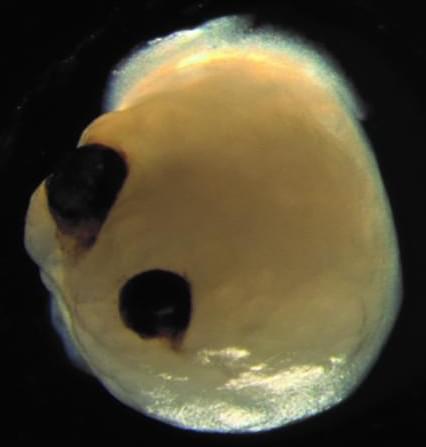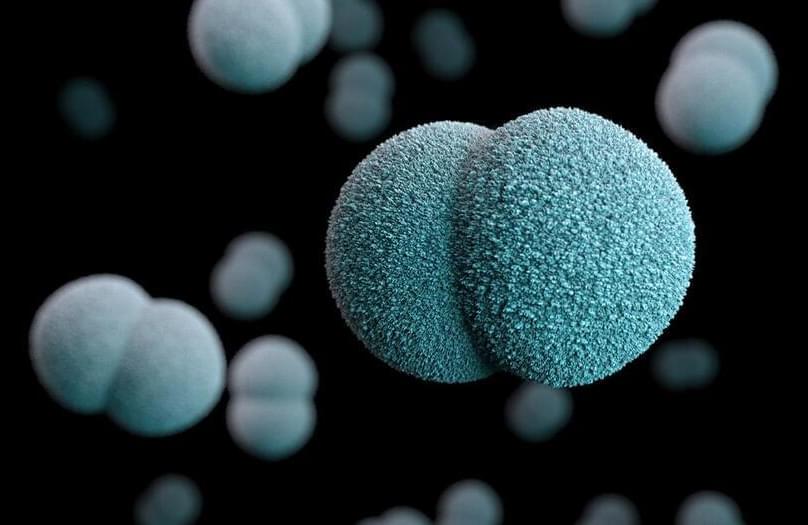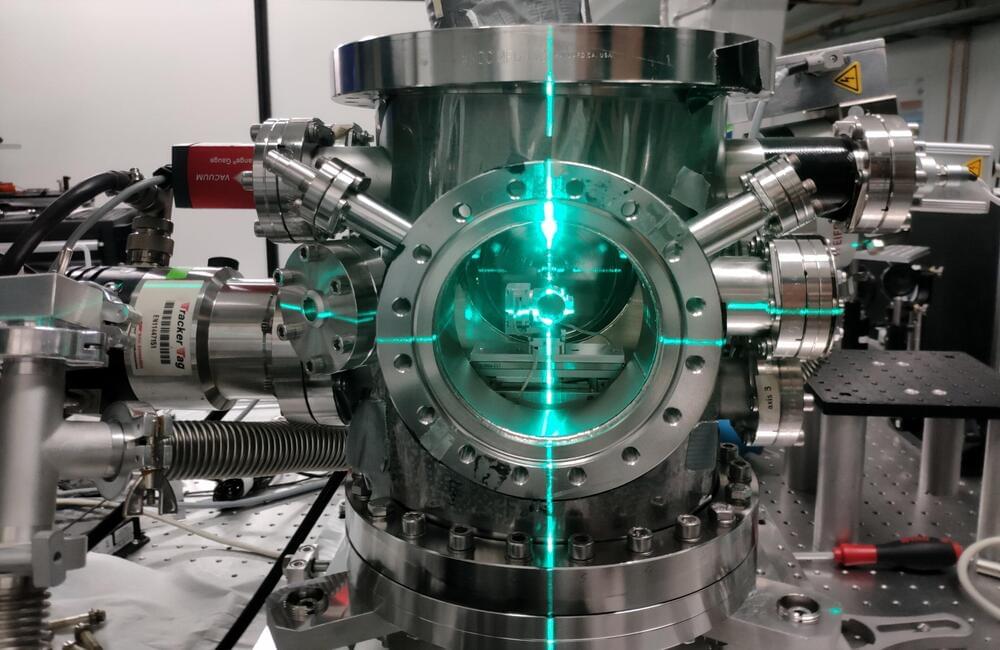FUSION BREAKEVEN ACHEIVED FOR FIRST TIME:
A tiny pellet of deuterium and tritium released more energy than it absorbed from the National Ignition Facility’s bank of 192 lasers.


Interesting ArsTechnica article on the delay of the BE-4 engine from Blue Origin. It brings up a point many outside the actual industry miss in that Blue Origin has to meet more stringent and complicated regulatory and certification standards that SpaceX does since they are actually producing engines for sale rather than company use. Since SpaceX only provides ‘services’ rather than ‘products’ (they have no plans for every selling Merlin’s, Raptor’s or any other item they produce including the “mini-Raptor” the Air Force actually paid them to produce) they don’t have to meet or even consider most of the requirements that Blue Origin has had to in order to produce the BE-4.
After these tests, a fully assembled flight engine no. 1 will be shipped to Texas to undergo a fairly brief round of tests, known as acceptance testing. If this engine passes, as expected, it will be shipped to ULA. Then a virtually identical BE-4 engine will be sent from Kent to Texas. This “qual” engine will undergo a much more rigorous series of tests, known as qualification testing. The idea is to push the engine through its paces to find any flaws. Then a similar process will follow with flight engine no. 2 followed by a second “qual” engine.
The risk is that ULA will receive the flight engines before the full qualification testing is complete. This qualification work on Blue Origin’s test stands will be occurring even as ULA integrates the engines with its first Vulcan rocket for testing and ultimately a launch during the second half of 2022. So if Blue Origin finds a last-minute issue with the BE-4 engine, ULA may have to unwind its work on final Vulcan development.
“This is a success oriented approach, but it could definitely backfire,” one source told Ars.



“So many genes are involved in DNA maintenance, FOXO3 for example, which is very interesting, but it cannot be a therapeutic target because it will trigger a lot of other things,” he explains. “SIRT6 is coding for only one protein and, because it’s a small protein, the cargo size is not too big and it can be easily delivered into cells, so it’s possible to use it as a gene therapy target.”
Some of the other factors that play in Genflow’s favour, says Leire, are that the world has reached a better understanding of the biology of aging, but also that gene therapy has also progressed well over the years.
It seems everyday more and more information is being uncovered about trees and the many mysteries within them. We know that they are alive, but it seems they are even more alive than we may have thought. Trees are interconnected underground, we also now know that trees can communicate with one another, but recently scientists have discovered that trees actually have a sort of heartbeat, it is just so slow that they’ve never noticed before.
Up until recently scientists had thought that water moved through trees by the process of osmosis, in a sort of continuous matter, but now they’ve discovered that the trunks and branches of the trees are actually contracting and expanding and essentially pumping water up from the roots to the leaves, kind of like how our heart pumps blood throughout our bodies.
— Our Journalism Is Moving — Our investigative journalism and reporting is moving to our new brand called The Pulse. Click here to stay informed.
Circa 2020 o.o
While some states have partially reopened and loosened restrictions on barber shops and hair salons, not everyone is ready to head out in public for a haircut just yet. That means many people around the world are still sporting shaggy quarantine cuts.
To tame his wild mane, then, Shane Wighton, an engineer and YouTuber known for his channel, Stuff Made Here, has built the ultimate hairstylist: a robotic barber.


Saturn’s core is an unexpectedly immense mixture of ice, rock, and gas, surprising scientists who are trying to figure out how the planet formed and evolved to the enigmatic world we see today.
Hidden inside the solar system’s god of plenty is an unexpected bounty: Saturn’s mammoth core, spanning up to 60 percent of the planet’s width. The newly measured core, revealed through subtle waves in Saturn’s rings, appears to be ice, rock, and gas, blended into a soupy mass with blurry edges.
“It’s huge,” says Chris Mankovich of the California Institute of Technology, one of the authors of a new study describing Saturn’s core in the journal Nature Astronomy. “It’s definitely not something we expected to find.”
The characteristics of Saturn’s immense heart have scientists rethinking how the ringed planet may have formed, and how it generates its strangely uniform magnetic field. “It’s just more complex than we thought was going to be the case,” says Johns Hopkins University’s Sabine Stanley, who was not part of the new study.

Scientists at DESY have built a compact electron camera that can capture the inner, ultrafast dynamics of matter. The system shoots short bunches of electrons at a sample to take snapshots of its current inner structure. It is the first such electron diffractometer that uses Terahertz radiation for pulse compression. The developer team around DESY scientists Dongfang Zhang and Franz Kärtner from the Center for Free-Electron Laser Science CFEL validated their Terahertz-enhanced ultrafast electron diffractometer with the investigation of a silicon sample and present their work in the first issue of the journal Ultrafast Science, a new title in the Science group of scientific journals.
Electron diffraction is one way to investigate the inner structure of matter. However, it does not image the structure directly. Instead, when the electrons hit or traverse a solid sample, they are deflected in a systematic way by the electrons in the solid’s inner lattice. From the pattern of this diffraction, recorded on a detector, the internal lattice structure of the solid can be calculated. To detect dynamic changes in this inner structure, short bunches of sufficiently bright electrons have to be used. “The shorter the bunch, the faster the exposure time,” says Zhang, who is now a professor at Shanghai Jiao Tong University. “Typically, ultrafast electron diffraction (UED) uses bunch lengths, or exposure times, of some 100 femtoseconds, which is 0.1 trillionths of a second.”
Such short electron bunches can be routinely produced with high quality by state-of-the-art particle accelerators. However, these machines are often large and bulky, partly due to the radio frequency radiation used to power them, which operates in the Gigahertz band. The wavelength of the radiation sets the size for the whole device. The DESY team is now using Terahertz radiation instead with roughly a hundred times shorter wavelengths. “This basically means, the accelerator components, here a bunch compressor, can be a hundred times smaller, too,” explains Kärtner, who is also a professor and a member of the cluster of excellence “CUI: Advanced Imaging of Matter” at the University of Hamburg.